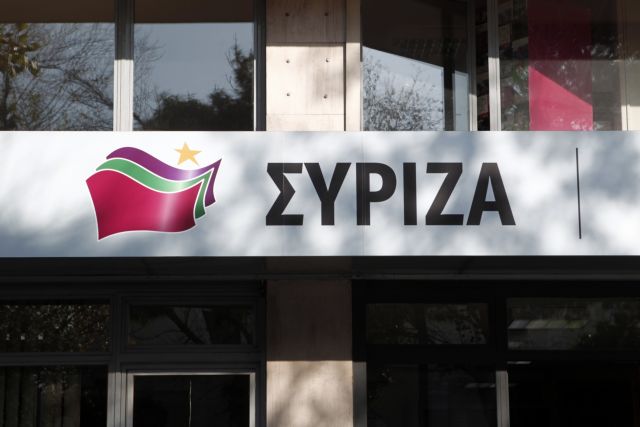Although the President of SYRIZA Alexis Tsipras had repeatedly argued that this goal is to form an independent government and ruled out the idea of a grand coalition, the recent inter-party debate suggests that considerations are being made regarding post-electoral alliances.
At the root of this shift are the political uncertainty in Greece and the desire of Brussels for a broad consensus government as a requirement to initiate talks on debt relief.
In an interview for Vima 99.5 FM, Yannis Dragasakis noted that “we must see what is in the interest for the country in certain circumstances; what sort of government we need, what sort of majority we need” and opined that “we need a government with a majority that is broad, powerful and as solid as possible”.
Later on Mr. Dragasakis explained that the goal of forming an independent government is a shield against foreign intervention in Greece’s political affairs. He also argued that the government to emerge from the upcoming elections should have no impact on the debt relief negotiations, stressing that “an [independent government] does not mean a denial of cooperation”. Mr. Dragasakis further elaborated that ait would be possible to discuss the terms of a broad coalition for the debt, provided that the parties agree on the non-sustainability and need to reduce it.
Conversely, the former Minister of Finances Euclid Tsakalotos estimated that despite the European Commission’s desires, no coalition can guarantee the debt settlement. According to Mr. Tsakalotos this is because “there are no ‘neutral’ policies”, adding that Greece needs a left-wing government that will prepare and implement a ‘parallel program’, which in no case can it be implemented in tandem with neoliberal forces.





